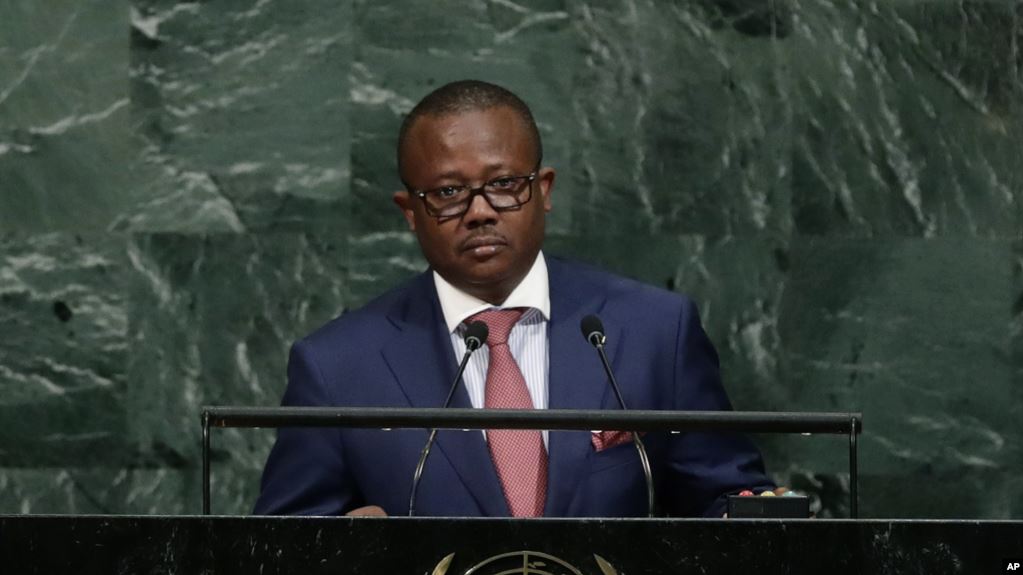
This is President Umaro Sissoco Embalo’s first concrete project: the revision of the constitution. A constitution at the root of the many crises that Guinea-Bissau has experienced since the last revision of this fundamental law in 1991.
For the Head of State, it is a question of adapting the text to the challenges of the moment and adopting a system of government that is better suited to socio-cultural realities and that also helps to guarantee stability in the functioning of institutions. “Our Constitution is full of shortcomings. A good constitution must be well structured. So we have to find some form of articulation,” adds François Dias, a lawyer and political analyst.
A technical commission will be set up to make the necessary corrections within three months. One downside, however, is that the Constitution of Guinea-Bissau makes no provision for a referendum to adopt the new constitution.
“This is a debate that deserves to be broadened so that we can reach a consensus. We know that whoever was in power would not give up. So it is necessary to get around the table to make the necessary corrections so that the country can function normally without any upheavals,” says constitutionalist Carlos Vamain.
Since its independence in 1974, the former Portuguese colony has experienced a multitude of coups d’état and attempted coups and a succession of governments.
